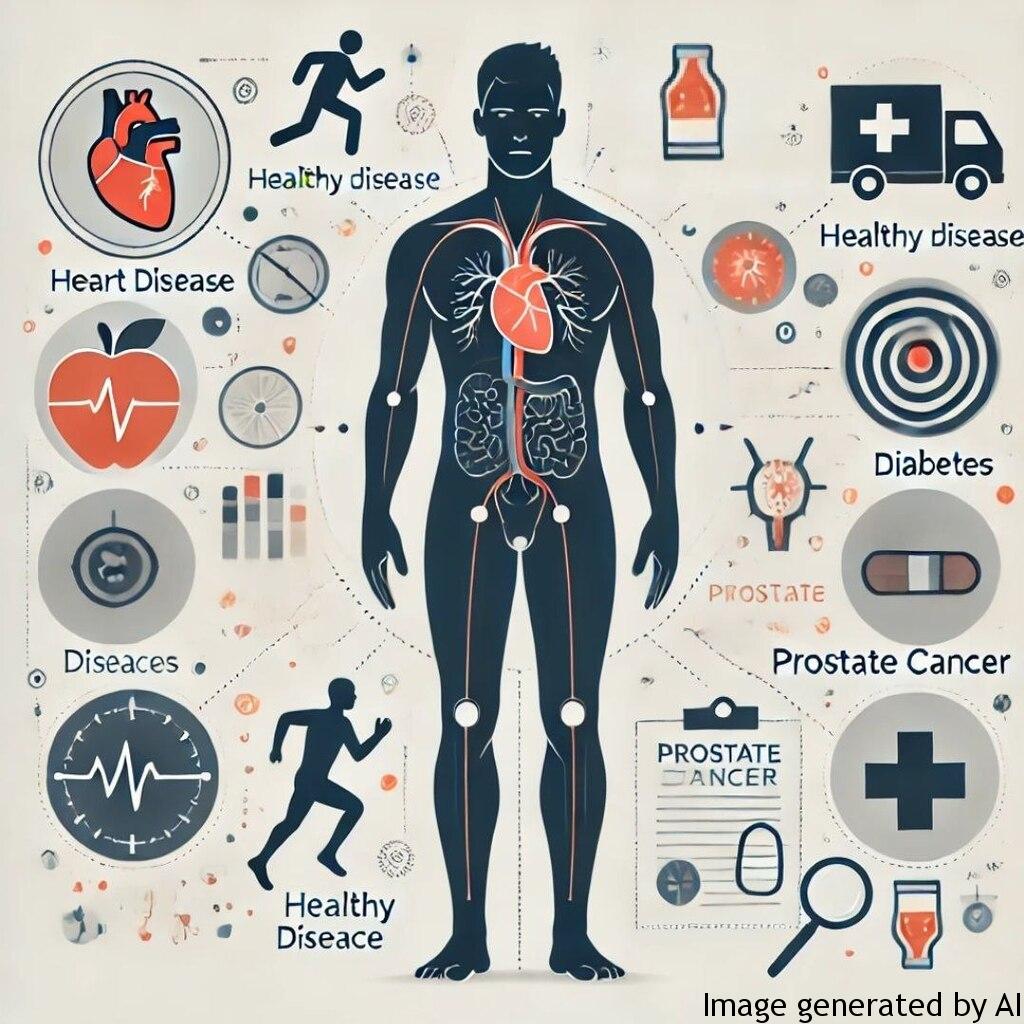Introduction
Health, particularly in relation to diseases and their prevention, is a topic of utmost importance. However, discussing the common diseases in men involves more than just physical health. Mental and physiological health also play a significant role and intersect with societal factors, such as gender expectations. To achieve optimal health, it’s essential for men to be fully aware of the diseases they’re susceptible to and the preventive measures they can undertake.
Gender Expectations and Their Impact on Men’s Mental Health
Gender expectations play a significant role in shaping behaviors, which can significantly impact a man’s physical and mental health. Men are more likely to adopt risky behaviors like smoking, alcohol consumption, and reckless driving due to societal pressures to appear masculine. These behaviors can contribute to diseases like lung cancer, liver disease, and heart disease.
Masculinity and Emotional Suppression
Societal norms often discourage men from expressing their emotions, labeling it as a form of weakness. This suppression of emotional expression can lead to psychological diseases such as depression, anxiety, and increased stress.
Examples of How Gender Roles Can Impact Men’s Lives
Studies reveal that men, pressured by the societal expectations of masculinity, are generally less likely to seek help for their health issues, both physical and mental. This reluctance can exacerbate conditions and lead to an increased rate of health complications at a later stage. Additionally, stressful attempts to achieve or maintain societal standards of success and power can lead to chronic disorders like hypertension or ulcers.
Tips for Improving Psychological Health Considering Gender Roles
Improving men’s health calls for a multidimensional approach that goes beyond the conventional strategies of disease prevention. Here are a few tips:
- Develop a culture of open communication about emotional struggles and mental health.
- Encourage regular health check-ups and early treatment of diseases.
- Reduce the consumption of alcohol and toxic substances.
- Engage in physical exercise and a balanced diet to maintain healthy weight and prevent a range of diseases.
Conclusion
In summary, diseases common to men are intricately tied to societal perceptions about masculinity and mental health. Addressing health issues in men, therefore, calls for a comprehensive approach that includes psychological well-being, regular health checkups, and a supportive social environment that allows the expression of emotions. With this approach, it becomes possible to not only prevent common diseases but also promote overall well-being among men.

